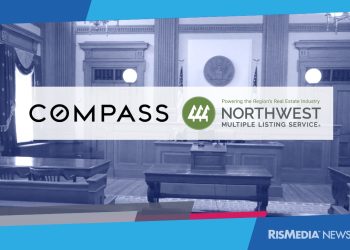RISMEDIA, August 11, 2009-(The Hill)-Senate Majority Whip Dick Durbin (D-Ill.) said on Monday of last week that if the financial industry is not able to complete 500,000 mortgage modifications by November he would pursue legislation ratcheting up the pressure on the industry.
Durbin is the main backer of legislation that failed to pass the Senate earlier this year that would have empowered bankruptcy judges to modify primary home mortgages. On Monday, he said he would consider resurrecting that bill, but is also interested in a range of alternatives that may find broader support.”
Durbin’s bankruptcy legislation, derided as “cramdown” in the financial industry, fell 15 votes shy of passing the Senate and for years has been vigorously opposed by the industry.
“Americans don’t have time for any more voluntary half-measures that fail to significantly reduce avoidable foreclosures,” Durbin said at the Center for American Progress, a liberal-leaning think tank.
The Obama administration met with the financial industry last week and worked out a goal of 500,000 completed mortgage modifications by November.
On Tuesday, the Treasury Department will release the first monthly progress report on the administration’s efforts to encourage mortgage modifications. Durbin said that he is also sending letters to the 34 banks and mortgage servicer companies that are participating in the administration’s loan modification plan, asking them to detail their efforts so far.
Durbin said he is still strongly in support of bankruptcy legislation as a way to force the industry’s hand.
“There is growing consensus that principal reductions are the key to sustainable modifications that won’t redefault, since a homeowner who has equity will fight harder to make the mortgage work,” Durbin said.
The financial industry has shown no signs of easing its opposition to the measure. The industry engaged in one of its heaviest lobbying battles this year to beat back the policy.
Among other options, Durbin said he is considering policies that would mandate arbitration between borrowers and servicers prior to foreclosure. Arbitration would allow homeowners and lenders to renegotiate the terms of the mortgage and avoid foreclosure. Congress could also help finance arbitration programs in cities and states.
Durbin also suggested that legislation could allow homeowners to stay in their homes for some time while they pay fair-market rent.
Additionally, lawmakers could pursue financial penalties against firms that fail to meet the administration’s foreclosure-reduction standards, he said.










